Henry James and the Language of Experience
In Henry James and the Language of Experience, Collin Meissner examines the political dimension to the representation of experience as it unfolds throughout James's work. Meissner argues that, for James, experience was a private and public event, a dialectical process that registered and expressed his consciousness of the external world. Adapting recent work in hermeneutics and phenomenology, Meissner shows how James's understanding of the process of consciousness is not simply an aspect of literary form; it is in fact inherently political, as it requires an active engagement with the full complexity of social reality. For James, the civic value of art resided in this interactive process, one in which the reader becomes aware of the aesthetic experience as immediate and engaged. This wide-ranging study combines literary theory and close readings of James's work to argue for a redefinition of the aesthetic as it operates in James's work.
{{comment.content}}
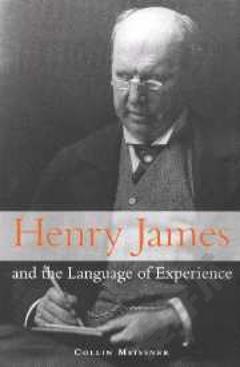
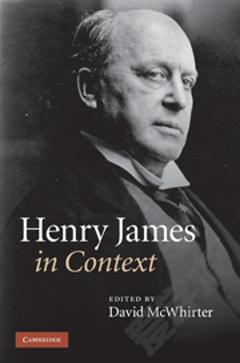
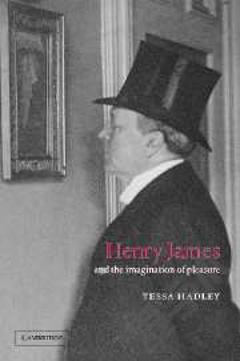
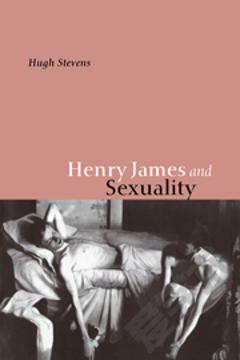
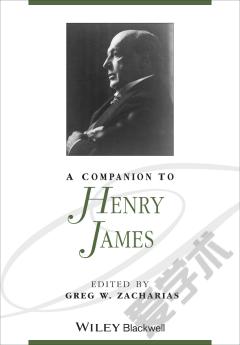



 京公网安备 11010802027623号
京公网安备 11010802027623号